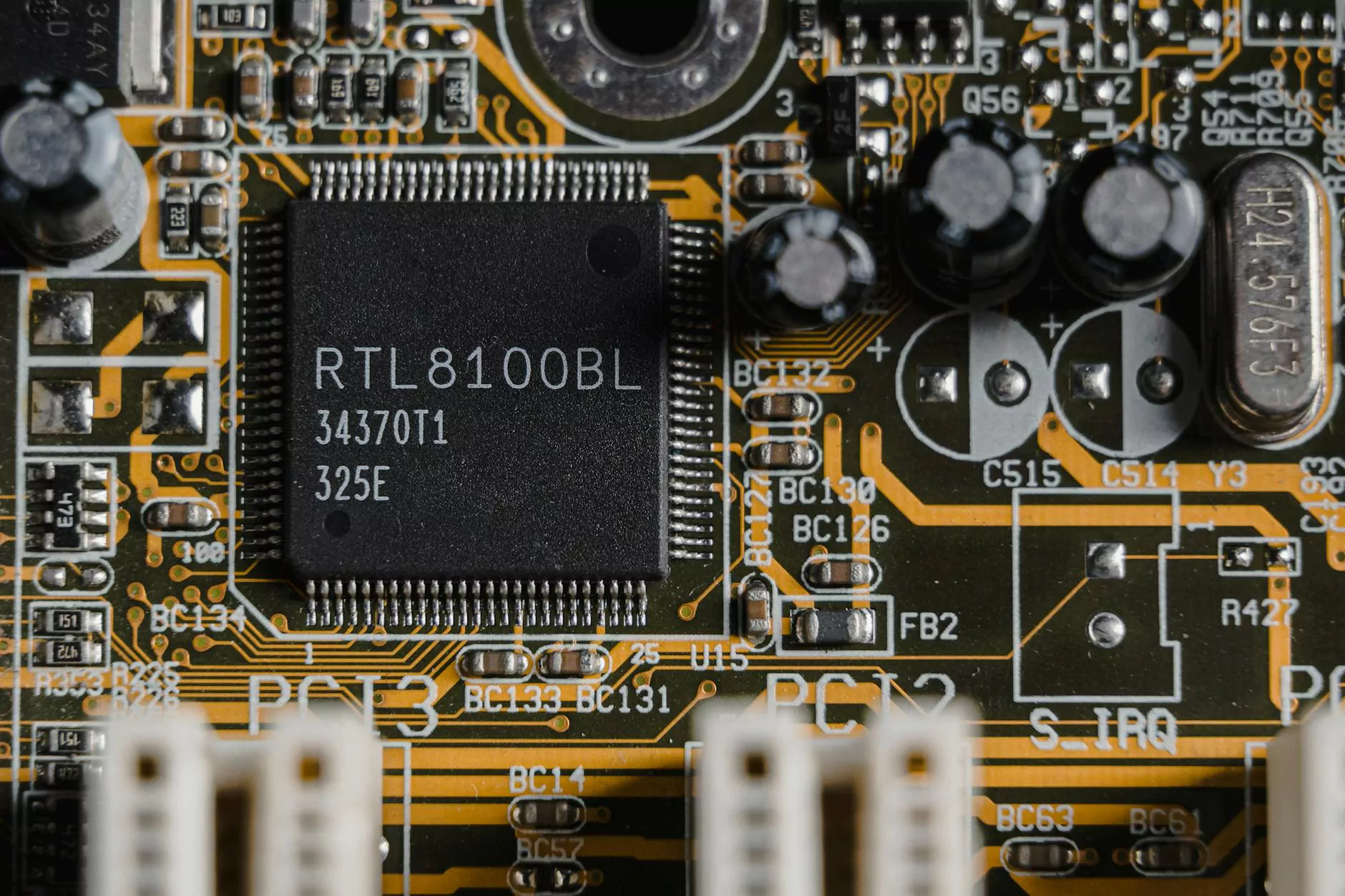Skills Required for Android App Development

In today's technologically advanced world, mobile phones have become an essential part of our lives. With the increasing popularity of smartphones, the demand for mobile applications has skyrocketed. Among various operating systems, Android is undeniably the most dominant player in the mobile app market. Therefore, having the right set of skills for Android app development is crucial for individuals or businesses looking to make their mark in this industry.
Understanding the Android Platform
Before diving into the skills required for Android app development, it's important to have a basic understanding of the Android platform. Android is an open-source operating system developed by Google, designed specifically for mobile devices. It provides a flexible and customizable platform for developers to create innovative and user-friendly applications.
1. Proficiency in Java
Java is the primary programming language used for Android app development. Having a strong foundation in Java is essential for building Android applications. Understanding core Java concepts such as object-oriented programming (OOP), data types, variables, loops, and conditional statements is crucial. Additionally, knowledge of advanced Java concepts like multithreading and memory management can greatly enhance the efficiency of your Android apps.
2. XML (Extensible Markup Language)
XML is a widely used language for designing user interfaces in Android app development. It allows developers to define and organize the layout and appearance of the app's user interface elements. Learning XML is relatively easy and plays a significant role in creating visually appealing and interactive mobile applications.
3. Android SDK (Software Development Kit)
Android SDK is a collection of development tools and libraries required to develop Android applications. Familiarity with Android SDK is vital as it provides developers with essential resources such as APIs (Application Programming Interfaces), debugging tools, and emulators. Understanding the various components of the Android SDK ecosystem empowers developers to create powerful and feature-rich applications.
4. Knowledge of Android Studio
Android Studio is the official IDE (Integrated Development Environment) used for Android app development. It provides a user-friendly interface and a comprehensive set of tools that streamline the entire development process. Mastering Android Studio enables developers to efficiently write, debug, and test their applications. It also offers features like code completion, real-time error checking, and layout preview, making it a must-have skill for Android app developers.
5. Understanding of UI/UX Design Principles
A well-designed and user-friendly interface is crucial for the success of any Android application. Having a basic understanding of UI/UX (User Interface/User Experience) design principles helps in creating visually appealing, intuitive, and engaging mobile apps. Knowledge of design fundamentals, color theory, typography, and user interaction patterns can significantly enhance the overall user experience and make your app stand out from the competition.
6. Proficiency in SQL and Database Management
Most Android applications require data storage and retrieval. Therefore, having a strong understanding of SQL (Structured Query Language) and database management is essential. You should be able to create and manage local databases within your Android applications. Proficiency in SQL allows developers to efficiently fetch, store, and manipulate data, providing users with seamless and dynamic app experiences.
7. Knowledge of Version Control Systems
Collaboration and version control are crucial aspects of any software development project, including Android app development. Familiarity with version control systems like Git helps in efficiently managing code repositories, tracking changes, and resolving conflicts in a team environment. Understanding branching and merging concepts enables developers to work collaboratively and contribute to the development process seamlessly.
8. Testing and Debugging Skills
Thorough testing and debugging are essential to ensure the smooth functioning of Android applications. Proficiency in various testing techniques and tools like JUnit and Android Debug Bridge (ADB) is necessary. Developing the ability to identify and fix bugs, optimize performance, and ensure compatibility across different Android devices and versions is a valuable skill for any Android app developer.
9. Continuous Learning and Adaptability
The field of Android app development is constantly evolving, with new frameworks, tools, and technologies being introduced regularly. A successful Android app developer should possess a strong desire to learn and adapt to these changes. Staying updated with the latest trends and best practices in the industry ensures the delivery of high-quality and cutting-edge Android applications.
Conclusion
Mastering the skills required for Android app development is a rewarding investment for individuals and businesses aspiring to thrive in the mobile app industry. The combination of Java programming, XML, Android SDK, and Android Studio provides a solid foundation for building efficient and user-friendly Android applications. Additionally, understanding UI/UX design principles, SQL, version control systems, testing, and having an appetite for continuous learning are essential for long-term success.
At nandbox.com, we understand the significance of these skills and offer high-end software development services for mobile phones, including Android app development. Our team of skilled professionals possesses extensive expertise in the development of innovative and cutting-edge Android applications that cater to your specific business needs. Stay ahead in the industry by leveraging our comprehensive guide on Android app development skills and let your mobile app shine in the crowded marketplace.




